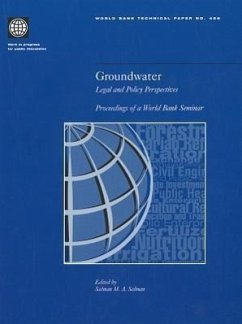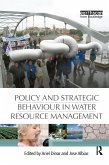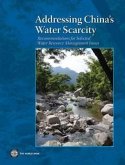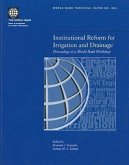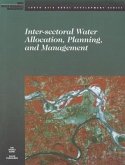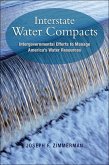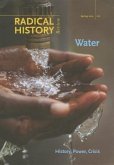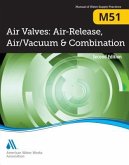Water is becoming an increasingly scarce resource for most of the world's citizens. The current trends indicate that the overall situation is likely to deteriorate further, at least for the next decade, unless the water profession eschews 'business as usual' practices, which can only allow incremental changes to occur. Groundwater is the least understood and least appreciated, yet the most important, natural resource available to mankind. Groundwater represents about 97% of the existing fresh water resources, excluding the resources locked in polar ice. More than one and a half billion people in the urban parts of the world today depend on groundwater. Groundwater supply is more reliable than the seasonal, and sometimes erratic, surface water and provides the main line of defense against drought. Moreover, the quality of groundwater is, by and large, superior to surface water and cheaper to develop. However, when available, data on groundwater is very scanty. As a result, the World Bank is now paying increasing attention to this valuable resource, through both operations and sector work. This publication represents the proceeding of the seminar 'Groundwater: Legal and Policy Perspectives' that was organized by the Legal Vice Presidency of the World Bank. It explains some basic technical aspects of groundwater, surveys the regulatory framework for it, and discusses the World Bank experience and international law regarding this precious resource. It is a timely publication and should also assist in a better understanding and appreciation of this valuable source. It will be of interest to Bank staff, borrowing country officials, international agencies and research organizations working on groundwater.

